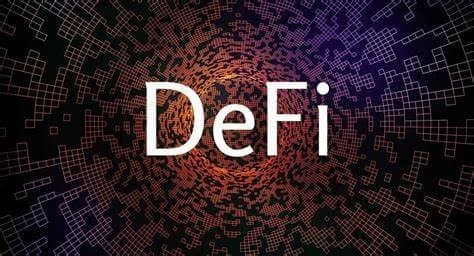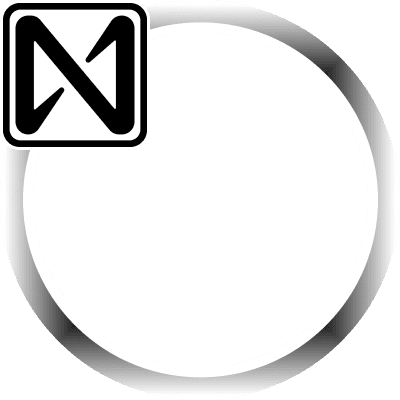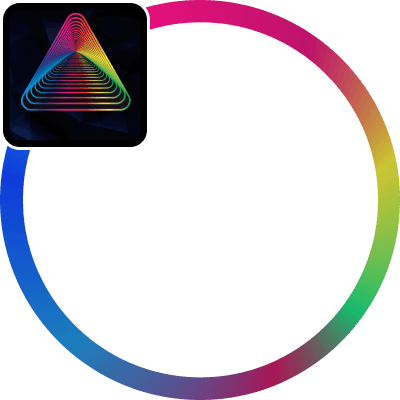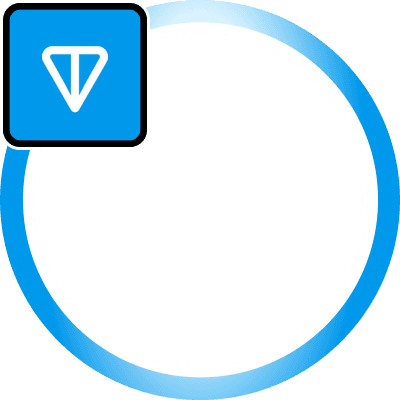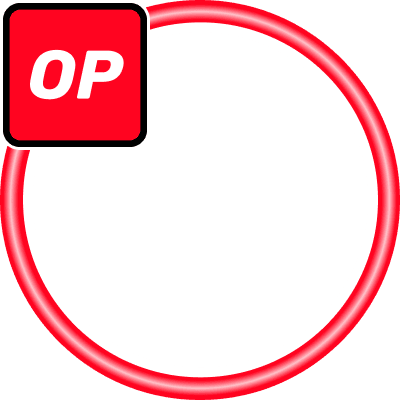Overview
Qtum is a decentralized blockchain platform designed to bridge the strengths of Bitcoin’s robust UTXO transaction model and Ethereum’s adaptable smart contract capabilities. Launched in 2017, Qtum combines the security of Bitcoin’s blockchain with the flexibility and scalability of Ethereum’s development tools, offering a versatile foundation for decentralized applications (dApps). Qtum supports a wide range of use cases, including enterprise applications, gaming, and DeFi solutions. Its modular architecture, efficient energy consumption, and focus on adaptability make it a popular choice among blockchain developers and businesses.



